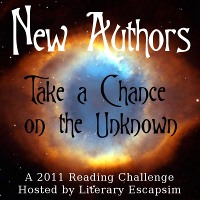Mr. Darcy Forever by Victoria Connelly is the third book in the author’s Austen Addicts series (to be published in April by Sourcebooks), though each book can be read as a stand alone. Sarah and Mia Castle could not be more different, and while they compare themselves to Austen’s famous sisterly pair Marianne and Elinor from Sense & Sensibility, they are far more complicated. Mia is a wanna-be actress/singer who is struggling to find her niche in her career and who readily sticks her foot in her mouth, while Sarah is suffering from obsessive compulsive disorder (OCD) and can barely eat in restaurants without first examining their cleanliness. These sisters are like best friends and both love Jane Austen and the yearly festival in Bath, but what happens if a man comes between them?
“But it wasn’t his face Sarah was trying to get a good look at, but the cover of his book. She was always fascinated by what other people were reading and couldn’t help wanting to know what the handsome stranger was reading.” (Page 58 ARC)
While both sisters are seeking their very own Mr. Darcy, they end up with a Willoughby and broken hearts. Sarah and Mia spend three years without speaking, a sisterly relationship that seems irrevocably broken, but Jane Austen comes to the rescue when both cannot resist the Regency period and all of the celebration Bath has to offer. Can Austen repair this damaged relationship and help them find true love and a happy ending?
Connelly peppers her prose with wit and fun, but she also tackles tough issues when Sarah and Mia fall for the same man. Her characters react in real ways to the hurts they endure and they react with anger and passion when the situations warrant it. Readers will be swept away by Mia and Sarah’s story as Connelly alternates between the present when they are not speaking and three years prior when the incident that tears them apart happens. From the side characters Connelly creates to the reappearances of characters from the previous two novels in the series, she weaves an intricate story that Austen lovers will be unable to put down.
Mr. Darcy Forever by Victoria Connelly is about love and forgiveness between sisters who are swept up in Austen’s fairy tale-like world of happy endings, only to find that the happiness they thought they would have was fleeting. A more serious, modern Austen that explores the bonds between sisters and the power of the love they share to overcome anything.
About the Author:
Victoria Connelly grew up in Norfolk before attending Worcester College where she studied English Literature. After graduating, she worked her way through a number of jobs before becoming a teacher in North Yorkshire.
In 2000, she got married in a medieval castle in the Yorkshire Dales and moved to London. Five weeks after their wedding, her husband, a television news cameraman, was sent to Israel. Convinced something terrible would happen to him, she came up with the idea for a novel about a young widow who starts seeing angels on her desk at work, but was scared to write it in case she tempted fate. It was only years later that her husband admitted to having a bullet graze his shirt sleeve whilst filming in Israel!



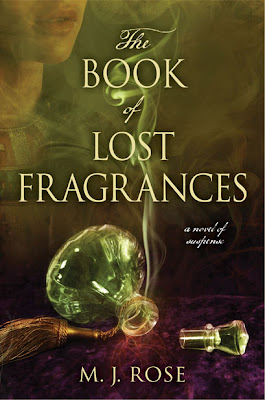
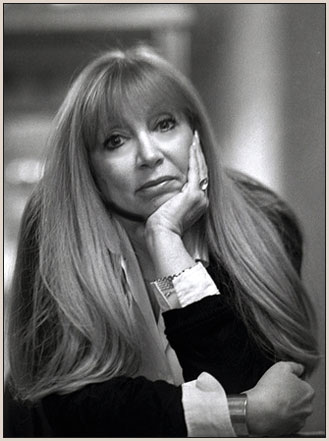 About the Author:
About the Author:

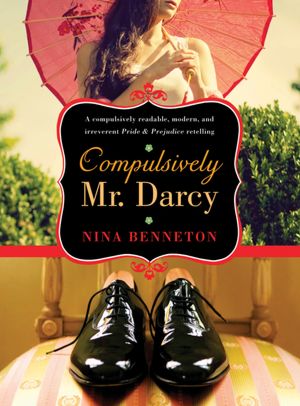

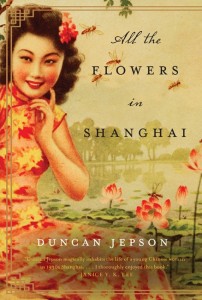
 About the Author:
About the Author:

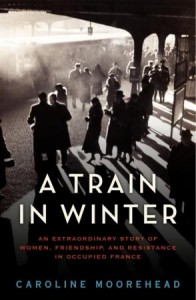

 About the Author:
About the Author: